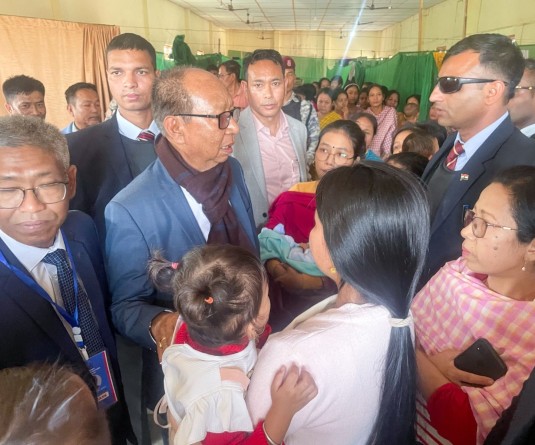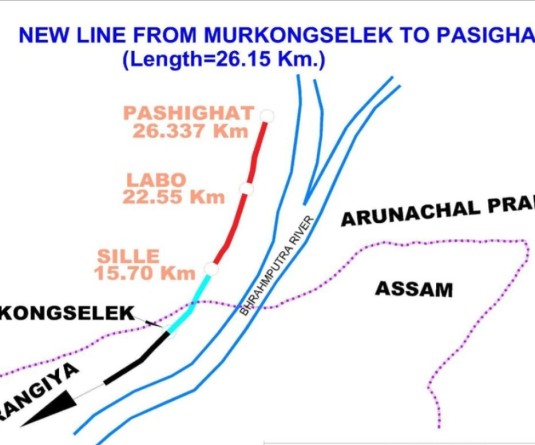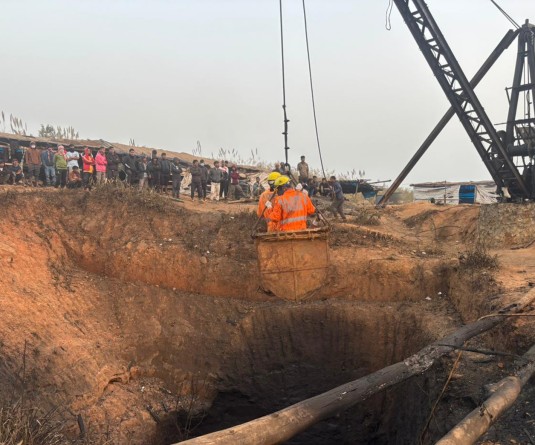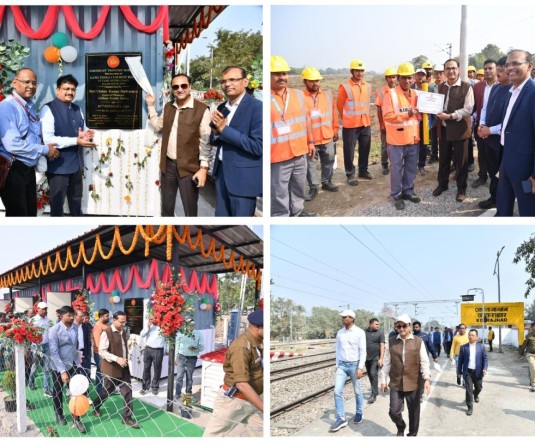
Newmai News Network
Shillong | October 30
Teleconsultation is a systematic way to reach out to patients living in the remote villages with limited access to essential healthcare services. It is an initiative that aims to provide access to primary healthcare services for all its citizens.
The mandate was set by Meghalaya Chief Minister Conrad K Sangma to ensure online consultations during the pandemic. This last mile initiative was launched in Meghalaya in April 2020 amidst the pandemic, to link patients to mainstream medical facilities and consultation, previously available only in district headquarters and the State capital.
Since its launch, more than 53,000 teleconsultations have been conducted through 467 active facilities spread across the State. Launched during the height of the Covid-19 pandemic, this initiative helped curb the spread of the virus and other infections and eased the burden placed on overwhelmed healthcare facilities while still reaching out to the last mile patients.
The National Health Mission (NHM) Meghalaya’s initiative of safe and structured video-based clinical consultations through the web-based application known as e-Sanjeevani provides health care services between Specialists in a hospital and patients at remote Health and Wellness Centres (HWCs) or Sub centres/PHC/UPHC.
Teleconsultation has proven to be a blessing, especially for people living in remote areas. The increasing demand for doctors providing teleconsultation from the various HWCs-Sub centres has led NHM, Meghalaya to allocate 18 dedicated medical officers and specialists at the district hospitals to ensure that healthcare services are provided for patients from these rural areas free of cost.
Dr Batkupar Suting, Medical Officer, Teleconsultation Zonal Hub Laitumkhrah stated that initially when teleconsultation was introduced, he would see eight to ten patients per day. Gradually, with a wider acceptance of the service by the patients, today, he consults fifty to sixty patients per day.
According to Dr R. Lyngdoh, Joint Director (MCH&FW), “Teleconsultation has been a boon not only for patients at remote locations but also to understaffed and overwhelmed healthcare facilities at the districts and state capital.”
She further added, “This initiative by the state government has helped ensured that patients with minor health issues can be treated at their nearest sub-centres, and only patients with major ailments or sickness are referred to hospitals in the districts or state capital.”
Ibapynhun Wahlang, a Mid-Level Health Provider (MLHP) at Umyiap sub-centre, West Khasi Hills, which caters to more than 4800 people, the majority of which are agricultural farmers or daily wage workers, explains how “visiting the nearest doctor’s clinic or hospital would require them to travel 15-20 km and spend at least Rs.500-1000 per visit, which is a lot for a family earning 150-200 per day”.
As a result, many of her patients are grateful to the sub-centre for the teleconsultation facility. Earlier this year, Bibidaris Mary Marngar, a mother of six suddenly felt excruciating pain on her back while she was preparing her field for vegetable cultivation. As the pain became unbearable, her family took her to a civil hospital where she was referred to NEIGRIHMS for treatment. A small amount of money borrowed from friends and relatives brought her to Shillong.
However, after the treatment, Bibidaris was unable to go for follow-up check-ups either to NEIGHRIMs or District Hospital. She decided to visit her nearest sub-centre for some pain relief medicine and did not expect to be connected to a doctor via teleconsultation and was prescribed medicines based on her illness. Her condition has improved She now visits the sub-centre regularly for follow-up teleconsultations with the doctor.
For patients like Bibidaris, from underserved areas, teleconsultations have proven to be a real godsend. It helps to cut expenses and the need to travel long distances to avail health care services in hospitals, while also ensuring easy access to specialists.






